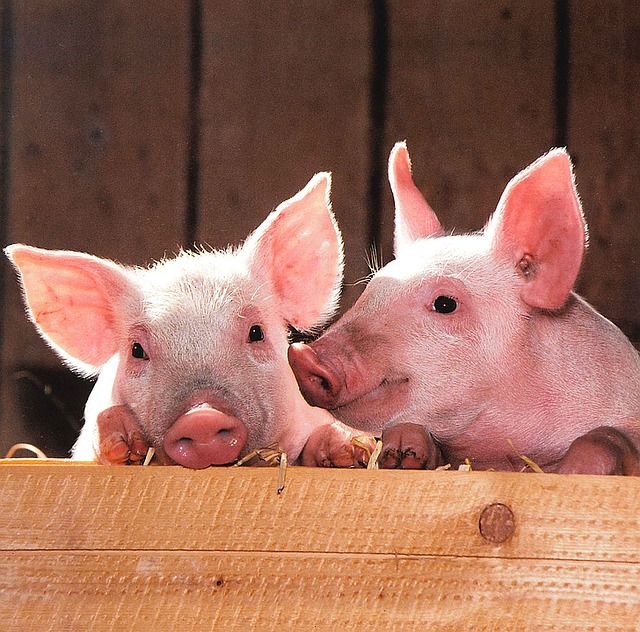30 Oct. 2018. The Food and Drug Administration intends to issue new regulatory guidance to cover advances in biotechnology, including genome editing, in animals and plants. The federal agency, based in Silver Spring, Maryland, outlined its proposed regulatory approach in an action plan published today on FDA’s web site.
“Promising new technologies that can edit animal and plant genomes have the potential to improve human and animal health, animal well-being, food productivity and food security” says FDA commissioner Scott Gottlieb and deputy commissioner Anna Abram in an agency statement. “New forms of biotechnology allow modification of living organisms, such as plants or animals, in order to produce a new product, such as a novel pharmaceutical, new food variety, or disease-resistant crop.”
The agency says it need to update its regulations to keep up with advances in biotechnology, including genome-editing technologies such as Crispr, short for clustered regularly interspaced short palindromic repeats. FDA’s says its first step will be a comprehensive regulatory framework for animal biotechnology products, including what it calls “intentionally genetically altered animals”, issued next year.
Examples of animal and plant biotechnology covered under the new regulatory framework are genetically engineered food animals with disease-causing genes removed, engineered animals for human organ transplants called xenotransplants, genetically-altered mosquitoes to block their ability to transmit infectious diseases such as Zika, and plants engineered to resist heat and drought from climate change or improved output of heart-healthy fatty acids.
While the plan gives few details, FDA says the new regulatory guidance is expected to bring more certainty to its regulations, with the extent of new rules based on the risks a proposed technology poses to the population. The document says the agency expects to build in flexibility to apply the experience gained from one type of engineered animal to other species later on. The new guidance is also expected to outline conditions where the agency plans to exercise its discretion in applying regulatory oversight. For example, labs genetically engineering animals solely for research would need to show safeguards for keeping the altered animals away from public exposure, but otherwise not subject to the same restrictions as species engineered for marketable products sold to the public.
FDA is establishing a pilot Veterinary Innovation Program to gain more regulatory experience with engineered animals. Under the program, the agency plans to provide technical and programmatic guidance for developers of human and animal health or well-being products, or items to enhance food production, from animals with genomically-altered DNA. The guidance is expected to cover engineered animal cells and tissues, and products derived from those cells and tissues. In addition, FDA is planning a webinar on 3 December to review the science underlying genome-edited animals and the proposed regulatory framework.
The agency is planning to issue separate regulatory guidance on genome-edited plants, focusing mainly on safety of the food supply. FDA says it already issued a request for comments on proposed industry guidance and it expects to publish a new document for public comment early next year.
More from Science & Enterprise:
- BASF Licensing Precise Crispr Editing from Broad Institute
- Genome Editing Offers Marketable Wild Tomato
- Genetic Engineering with Algae Boosts Crop Photosynthesis
- Bread Wheat Genome Sequenced
- Crispr Deployed to Boost Plant Disease Resistance
* * *


 RSS - Posts
RSS - Posts
[…] FDA Preparing Animal, Plant Biotech Regulatory Guidance […]
[…] FDA Preparing Animal, Plant Biotech Regulatory Guidance […]